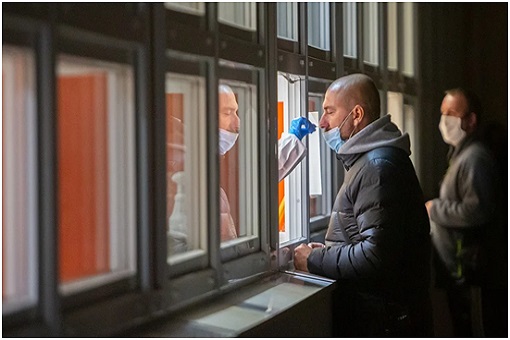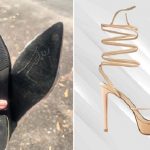From doctors and other first responders to grocery store clerks and delivery persons, a great number of sovereign citizens have put their safety on the line to help during the COVID-19 crisis. Vulnerable populations, such as the elderly, were told to stay home and depend on home delivery services for their essentials.
And while non-essential medical appointments were postponed at the height of the pandemic, anyone experiencing a true health-related emergency could still go to their local hospital. Nurses and front-line hospital workers were not only expected to answer the call of duty but also work around the clock when needed.
Now that some of these same essential workers have contracted COVID-19 as a direct result of their work orders, their futures are even more at risk. It is not known whether lawsuits against employers for being infected with COVID-19 have any merit in state or federal level courts.
What the Next Stimulus Bill Aims to Include
Since the beginning of the coronavirus pandemic, several federal stimuli have been passed; however, not all of these acts of Congress have directly benefited the American people. Two separate direct cash payments have been approved, with the last one still being fully disbursed. Several calls for hazard pay for first-line responders have been made, but as of yet, they have not been eligible for any extra federal funds.
The next stimulus bill aims to include a number of protections for employers that might completely preclude them from being sued by employers for being infected with COVID-19. Contacting an injury law firm in Denver is the best starting point for local area residents recovering from coronavirus after catching it at work. The next stimulus bill could, in fact, include some type of protection for employers that may stymy your case. Reach out to a legal expert now and learn what you can to make a claim.

Potential Federal Protections for Employers
There is one major question that has sidelined future direct cash payment assistance to American citizens. It is the contention over whether employers should be unilaterally shielded from facing COVID-19 employee exposure lawsuits.The law is murky at best on what kind of penalties and protections employers would have against employees suing because they were infected with coronavirus at work.
There could be wrongful death claims, permanent disability disputes, and even class-action level lawsuits. States such as California have already passed laws that presume anyone who worked and got infected in the early stages of the coronavirus is automatically included in their own protected class. Any employer disputing the circumstances that employees state they were infected under will be required to prove their claim.
What Options do Workers Who Have Contracted Coronavirus at Work Have?
The options that people who became infected with COVID-19 at work have depends on where they are located, and the precise circumstances in which they contracted the disease. For instance, federal employees generally have access to military hospitals, where the standard of care is measured to be well above average. In many states, there are agencies and watchdog groups setup to field complaints about unsafe work conditions or inadequate safety equipment. There is also, of course, the option of suing an employer for any injuries suffered as a result of being infected with coronavirus.
Anyone who was required to report in for shifts at work, and or work in an environment that made it likely for workers to contract COVID-19, could have reason to start legal action against their employer. Future stimulus bills might help to prevent employers from ever having to pay former workers for their injuries, but also remember that every law can still be challenged. Find out what you can do to protect yourself in the event you get coronavirus at work.

|
|
January 6th, 2021 by financetwitter
|


|

|

|

|

|

|




























Comments
Add your comment now.
Leave a Reply